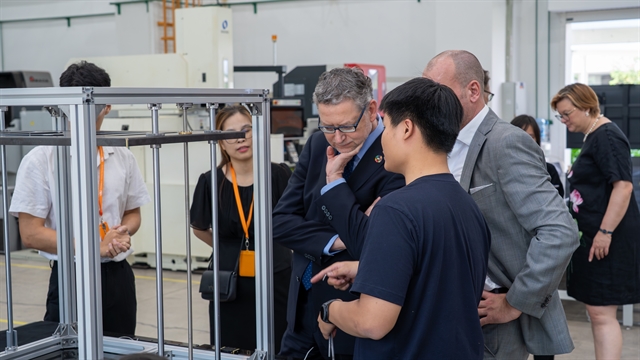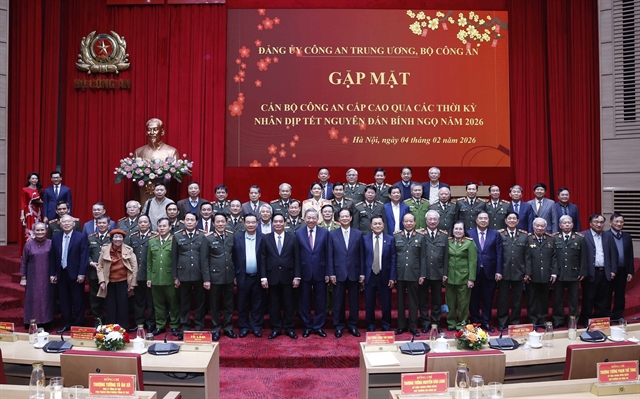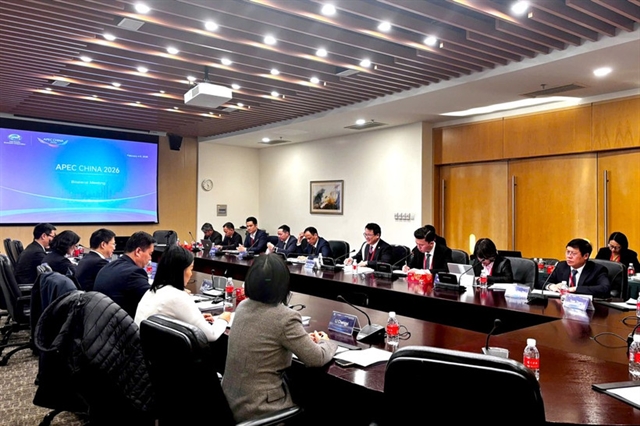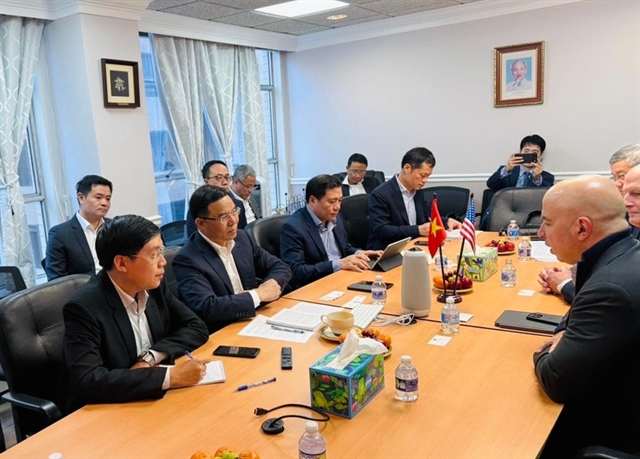 advertisement
advertisement

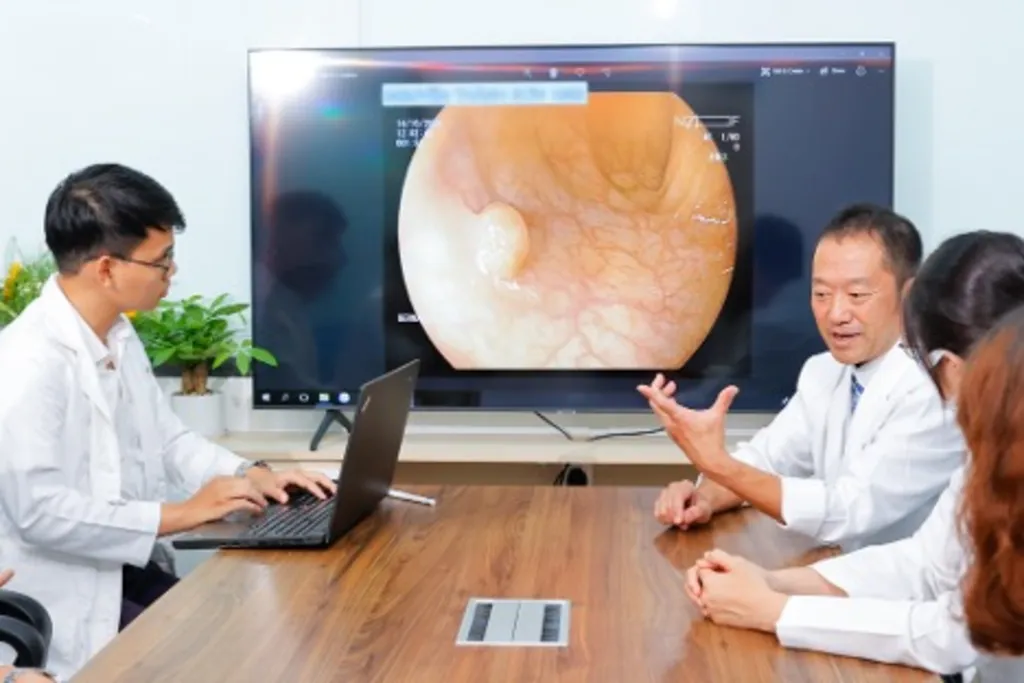 |
| Japanese experts closely monitor Bernard Healthcare’s endoscopy quality and provide direct training to enhance technical expertise. — Photo courtesy of Bernard Healthcare |
Dr. Matsubara Tamehito said Kyoto Min-iren Chuo Hospital is committed to ongoing support, helping Bernard’s doctors refine their skills and expand their expertise. “Together, we aim to enhance early detection and prevention of digestive diseases, improving the well-being of Vietnamese people.”
“The partnership has set a new standard for gastrointestinal endoscopy in Việt Nam,” he noted.
Through this partnership, the gastrointestinal endoscopy unit at Bernard Healthcare will adopt Japan’s esteemed Ningen Dock model, which has been trusted for over 70 years.
This model is further enhanced by state-of-the-art equipment, including Fujifilm’s BL7000 system, which incorporates automatic sterilisation mechanisms to mitigate the risk of infections, ensuring high precision, safety, and the elimination of cross-contamination.
The procedures ensure patient comfort and accuracy, with painless sedation endoscopy performed by experienced anesthesiologists.
Experts from Kyoto Min-iren Chuo Hospital collaborate with Bernard’s Medical Advisory Board to enforce strict Japanese-quality standards.
Their shared mission focuses on “early detection, effective treatment, and comprehensive evaluations without the risk of missed diagnoses.”
A recent quality assessment of 10 endoscopy cases at Bernard received favourable feedback from Japanese experts, highlighting excellent image quality and angles.
Recommendations were made to capture more images—over 60—with a focus on the upper stomach area.
Japan is globally recognised for advancements in digestive disease prevention and treatment.
According to The National Center for Biotechnology Information (NCBI) in 2022, Japan reduced advanced gastric cancer rates by 22 per cent and mortality rates by 61 per cent.
A 2017 study further reported a 70 per cent five-year survival rate for colorectal cancer patients in Japan, significantly higher than the 50 per cent observed in other developed regions such as the US and Europe.
Japan’s success is attributed to its nationwide cancer screening programmes, cutting-edge endoscopy technology powered by AI for enhanced detection, and highly trained specialists who frequently update their expertise. Strict infection control protocols also ensure patient safety.
Kyoto Min-iren Chuo Hospital limits the number of endoscopies to 10 per team in the morning, prioritizing quality over quantity.
Its specialists not only diagnose but also perform advanced therapeutic procedures, such as polyp and tumor removal in the stomach and colon, without invasive surgery, which minimises recovery time and reduces costs.
In addition, an emphasis on detailed reporting is a hallmark of Japanese practices.
Comprehensive documentation supports image quality review, facilitates training for less experienced doctors, ensures thorough case management, and aids research and reporting when required.
Bernard Healthcare has adhered to strict protocols, cross-checks, and standardised reporting with an aim to offer subsidised stomach cancer screening programmes to local residents.
Only healthcare facilities such as Bernard Healthcare, which follow strict protocols and standardised reporting, qualify for subsidised stomach cancer screening programmes, according to Tamehito.
“The partnership with Kyoto Min-iren Chuo Hospital establishes a new standard for gastrointestinal endoscopy in Việt Nam, ensuring better diagnostic accuracy and health outcomes.”

